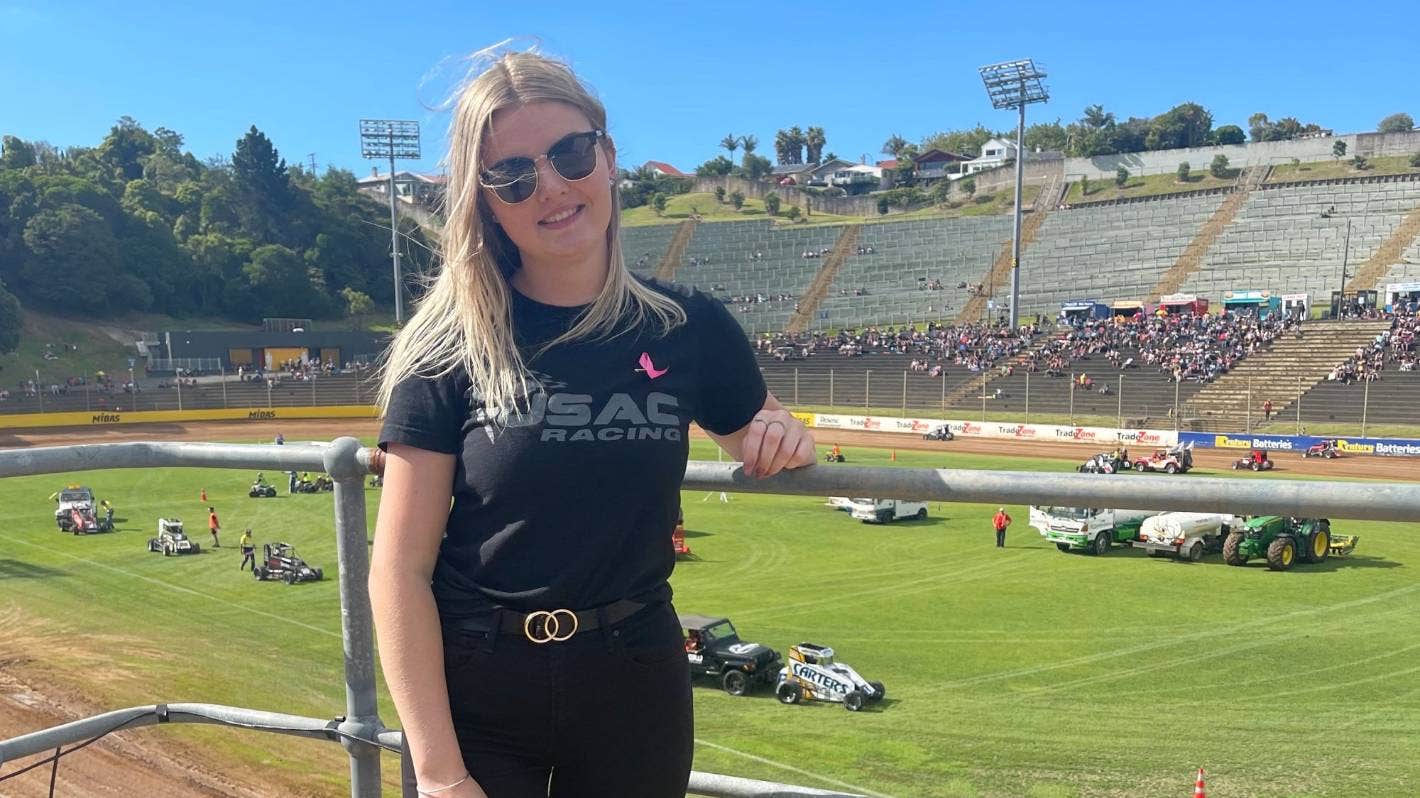Originally published on Stuff Tuesday 14th March
By Amberleigh Jack
“My doctor ignored my pain,” said Australian icon Bindi Irwin when revealing details of her decade long battle with endometriosis.
The 24-year-old TV star is not alone in having her pain ignored or dismissed by doctors, say many New Zealanders living with the same condition.
The daughter of Crocodile Hunter Steve Irwin opened up about her “decade of unsurmountable pain” due to the condition – a disease in which uterine tissue grows outside the uterus.
A diagnosis can only be confirmed with surgery, and symptoms include things like chronic pelvic pain, menstrual pain, infertility, cramping and diarrhoea.
A 2022 study indicated diagnosis takes an average of five doctors are a delay of more than 8 years. In a social media post this month, lying in her hospital bed post surgery, Irwin wrote that she was told by doctors her pain was, “simply something you deal with as a woman”.
We spoke to four New Zealanders about their fight to be listened to by medical professionals.
‘I couldn’t eat, I was vomiting, I was in excruciating pain’
Lauren Hastings, 27, Auckland
Of the nine surgeries 27-year-old Lauren Hastings has had related to endometriosis, five of those have been acute or emergency procedures.
She says doctors did not listen when she told them something was wrong.
Instead, she was told to take painkillers and had her pain dismissed as “normal”.
One of those emergency surgeries was when she first got diagnosed with endometriosis back in 2015.
“I had a Mirena [IUD] put in, and within a month I was in excruciating pain. I went to the GP and got told it was probably just period pain, or a result of my Mirena trying to settle,” she said.
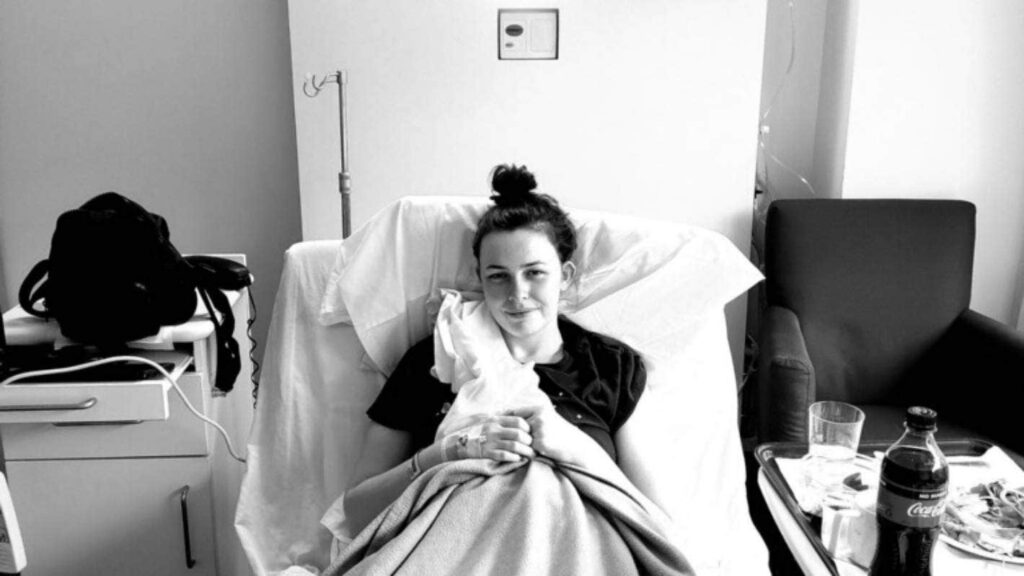
But within three days she was in hospital, where she stayed for about five days.
“I couldn’t eat, I was vomiting, I was in excruciating pain, and they rushed me into surgery.”
When she woke, two nurses confirmed she had a cyst on her right ovary and Stage III endometriosis. Stage VI is classed as the most severe, with Stage III classed as “moderate”.
She said she felt relief at finally having her pain validated, but was also, “really sad because it had taken almost seven years for them to actually listen to me, and diagnose it”.
She says if not for the emergency surgery back in 2015, she does not believe she would have received a diagnosis.
‘If I don’t take meds I end up in hospital’
Ali Larsen, 39, Auckland
It took about 16 years for endometriosis to “even be considered” by Larsen’s doctors, but even after being diagnosed she still has difficulty getting treatment.
“I’ve now been waiting four years since my last surgery,” Larsen says. Every day is a battle with fatigue, back pain, bloating, pain when eating and “bowel issues”.
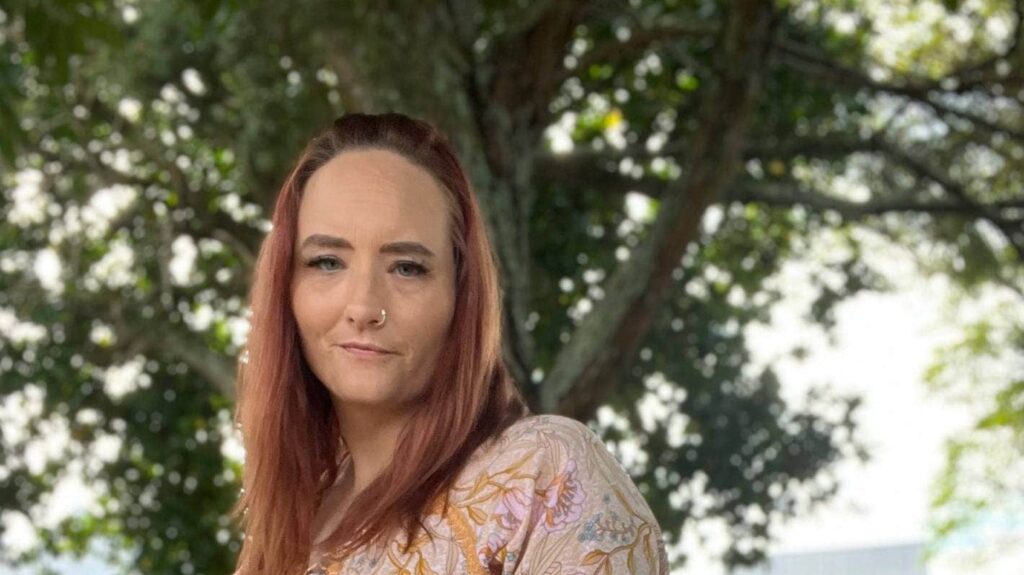
She believes the bowel irregularities are also a symptom of the endometriosis, but is being told by her gynaecologist that they need to, “sort the bowel issues” before having more surgery for endometriosis.
To cope with the pain, Larsen is on morphine and cannabis, as well as anxiety medication. She is seeing a “pain team” who want to wean her off the pain medication and get her exercising.
“That won’t happen without surgery,” she says.
“If I don’t take meds, I end up in hospital.”
She has another appointment at the end of this month, with the goal being put on a wait list for bowel removal surgery as well as surgery to remove endometriosis, but Larsen is “not holding my breath”.
‘If they’d found the growth sooner I wouldn’t have had to have such invasive surgery’
Natalie Hampshire, 31, Tauranga
Natalie Hampshire is currently off work for two months, recovering from “major” surgery after being diagnosed with “severe” endometriosis, three years after presenting with symptoms.
Her surgery on February 27 was to remove a “massive growth” on her bowel. As endometriosis often presents around the pelvis, Hampshire’s symptoms (bloating, bowel irregularities and pain) were misdiagnosed as irritable bowel syndrome (IBS) and she was put on a restrictive low FODMAP diet to ease symptoms.
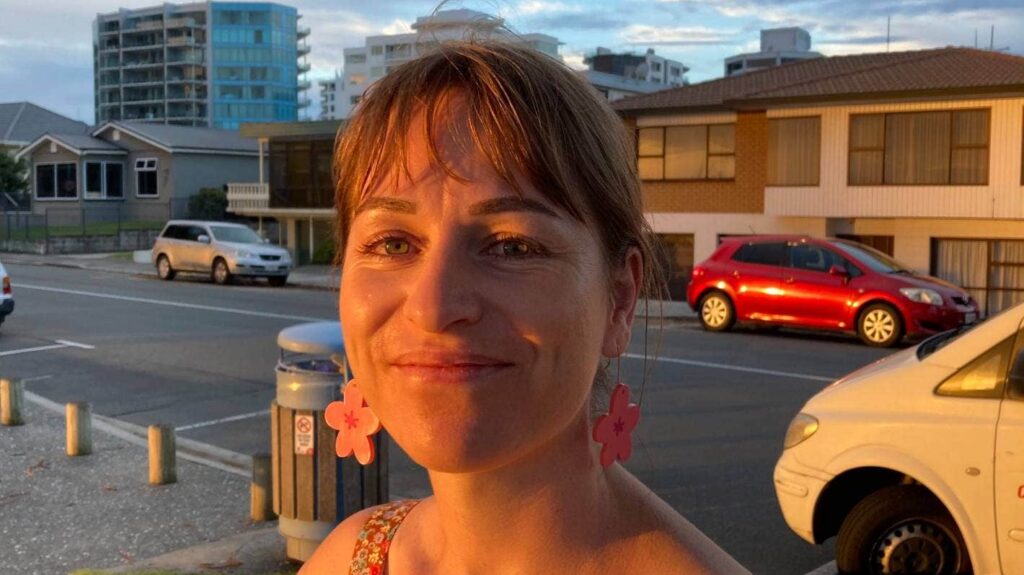
She says she initially chalked the symptoms up to stress, “but I kept seeing health professionals and was still having severe bloating and pain”.
Through early symptoms, a referral for a hospital gynaecology consult was declined, but in 2022 when she went off contraception and her period pain became severe (and she began “pooping blood” while menstruating), a colonoscopy confirmed her diagnosis.
She is now recovering from “major surgery” where the surgeon “described the growth as being like concrete”.
“They would have discovered it two years ago if they’d done the colonoscopy,” she says.
“[I think] if they’d found the growth sooner I wouldn’t have had to have such invasive surgery.”
‘When I was diagnosed it was the most validating thing in my life’
Savannah Lendich Jonkers, Auckland
While 18-year-old Savannah Lendich Jonkers was lucky to find a gynaecologist in 2022 who listened to her symptoms and agreed to operate, she “spent probably two years with my symptoms, thinking ‘what is wrong with me?’.”
Endometriosis was never mentioned until a conversation with a friend made her wonder if the condition would explain her symptoms.
She says she was referred to a gastroenterologist and a gynaecologist even examined her and told her she did not have endometriosis.
“Nobody could put a finger on what it was,” she said.
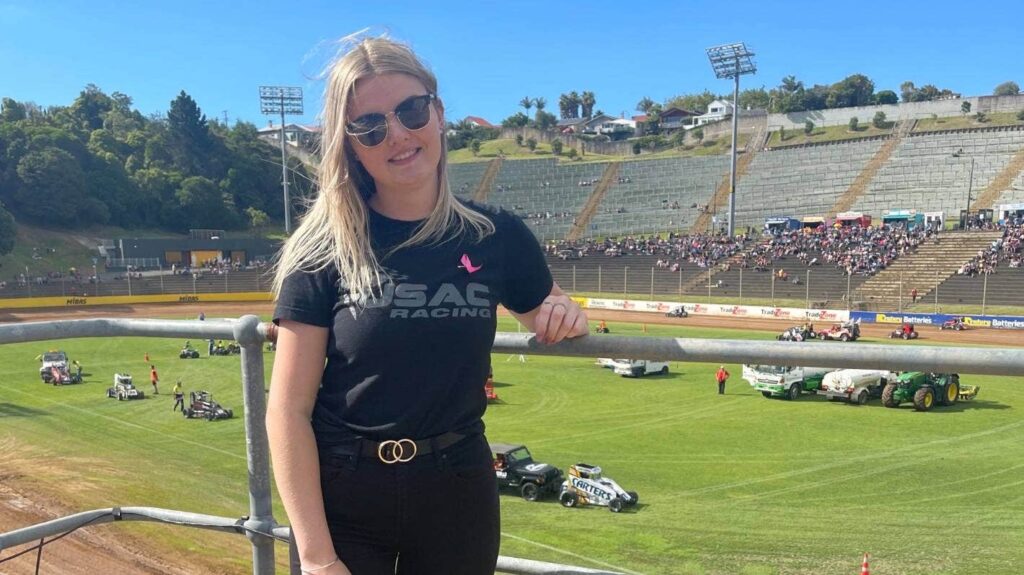
But in 2022, when Jonkers was referred to another gynaecologist, that specialist agreed to operate – a procedure that confirmed endometriosis.
“When I was diagnosed it was the most validating thing in my life,” Jonkers says.
“Nobody wants to be diagnosed with an incurable illness, but it’s so validating that the surgeon who operated found endometriosis and listened to my pain.”
Notes from a gynaecologist
Anil Sharma is an Auckland-based gynaecologist with more than 26 years experience and says while he does think most medical professionals listen to their patients when it comes to pain, more education is needed.
“I was hoping the days of [doctors] saying it’s normal had gone, but sadly it’s obviously not the case,” he says.
When it comes to GPs, Sharma says most who have an interest in women’s health know about endometriosis, but, “is there room for more education? Yes, there is”.
“Not every young person just has a pelvic infection or urine infection … If the pain keeps presenting doctors should always think endo.”
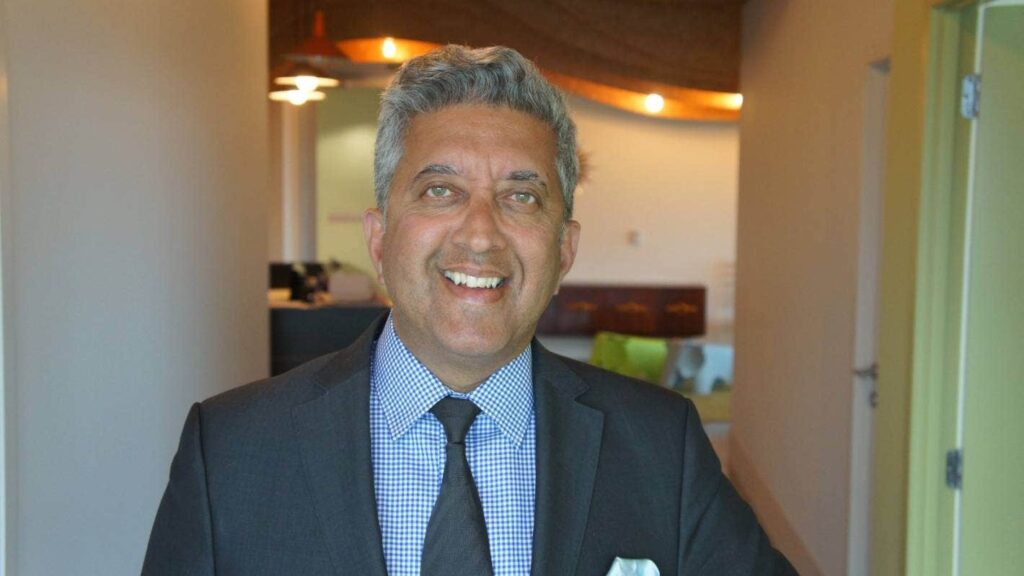
When it comes to specialists and other hospital doctors, Sharma says more work, and resources, are still needed and departments could work together better to get a full picture of patient’s symptoms and treatment.
One of the hurdles when it comes to diagnosing endometriosis is that surgery is required. And while Sharma says work is being done to invent better blood tests to improve accuracy, in the meantime, doctors, “can make an educated guess”.
Physical examinations, ultrasound imaging and reactions to drugs and hormone treatments can provide indications of whether a patient has endometriosis, although these also have “varying degrees of side effects and efficacy”.
“What’s needed is better resourcing,” he says.
“Not everyone must have surgery, we [medical professionals] all need to use our noggin a bit,” he says, adding that while surgery is recommended for many, some patients respond well to pain medication or other treatments.



